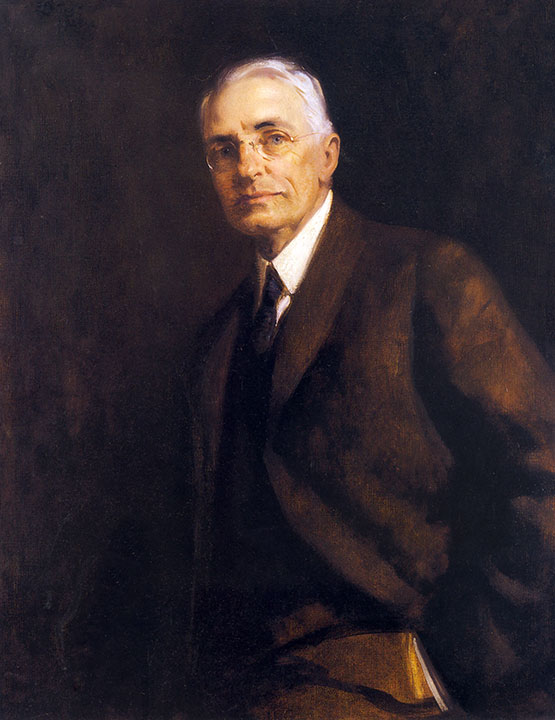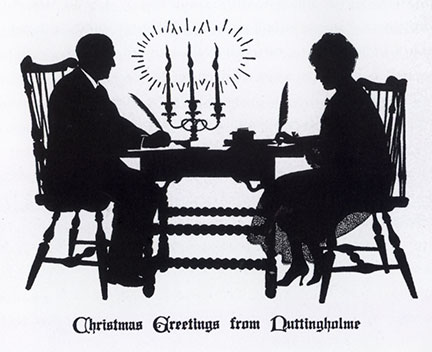
Home Structural Products & Services, Stairlifts
Structural Products & Services, Stairlifts
Furniture, Clocks,
Accessories
Antiques, Folk Art,
Fine Art, Auction Houses
![]()
WALLACE NUTTING UNCHAINED
by Max H. Peters
Wallace Nutting was born in Massachusetts in 1861. His father was a Union soldier who died in the Civil War. Nutting grew up to become a highly successful Congregational minister, called in turn to larger and larger churches until, in his mid-forties, he suffered a nervous breakdown. His psychiatrist suggested he take up photography as a way to relax his mind, and out of that came a business based in Southbury, Connecticut, that sold millions of colored prints of New England landscapes and the idealized interiors of colonial homes. From there Nutting went into large scale reproduction of colonial furniture. Nutting, who died in 1941, is considered the father of the Colonial Revival movement. He is constantly alluded to in today’s antique magazines, his image that of a benevolent shopkeeper, a combination of Santa Claus and Colonel Sanders. Past issues of CTOldHouse.com are sprinkled with some of his puckish remarks, like “A person who does not collect is a moron.” And “Not everything old is good, but everything new is bad.” |
 |
This was great, funny stuff, but nothing prepared me for the storm of Yankee invective I came across when I sat down to read Nutting’s innocently titled essay “An Outline of Cabinetmaking” which opens his Furniture Treasury Volume III.The following are ten short quotes from what Nutting referred to as “my rant.” Nutting said it was a waste of time proving that the world is growing better or worse. ”Our business,” he wrote in his autobiography, “is lifting up a glorious standard whether men will follow or not.” Readers’ comments are welcome at ctoldhouse@gmail.com and will appear in the next issue. |
|
 |
“The nineteenth century was the climax in the world’s history of haste and thoughtlessness in matters of decoration. Men were so absorbed in new inventions and the social and political upheavals concomitant with the coming of machinery, that they esteemed too lightly the richer side of life.” |
when using hand tools, was lost sight of, and individuality was lost, together with nicety of shape, accuracy of structure, and the charm invariably resultant from the skillful and loving human touch.” “They pass no examination of a guild. They have no pride in their product. This system is subversive of character. Everything below the surface is rotten – if not the wood, the method. There is no possible objection to a machine for the work that a machine can do better than the hand, as is often true. But to omit or distort a feature because hand work is debarred is to enter on the path of deception and even theft of what is dueto good materials. It is the murder of the finer attributes. And it will go merrily on, civilization dancing about its own open grave, until men repent and insist on honest structure, the reflex of an honest hand.” “Hence the haste of the merchant to lay a false mantle of style over every conceivable object and to claim the name of Jacobean for jack.” “And mongrels greatly predominate. They are hash.” “The ordinary seller of furniture has a poorer idea of how it should be put together than the people eight thousand years ago. “Lincoln’s phrase should be modified: you can fool most of the people all the time.” “The greatest auction of antiques ever held was ordered by a widow. They seem not to want the furniture to remember their husbands by. They remember them too well.” “We are living at the very climax of barbarism…Properly speaking, there is no taste for art or beauty.” |
|


